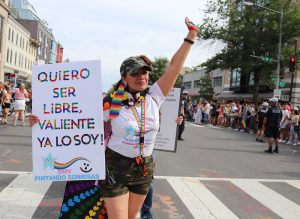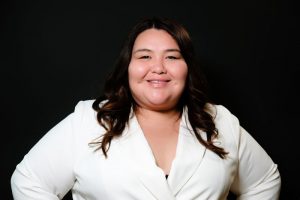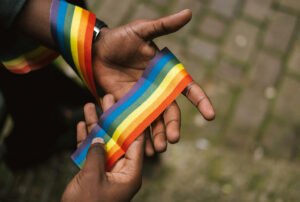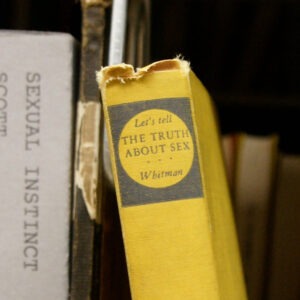November 5, 2015; Haaretz
Is it possible to be anti-racist while still discriminating against woman and gays? That is the question Ayalon Eliach raises about the recent announcement of the Rabbinical Council of America pledging the influential Orthodox Jewish body will fight against “white racism against African-Americans,” which is described as “a disgraceful, explosive contemporary reality, with both overt and insidious manifestations.” The RCA’s “Torah Proclamation on Racism” called on the Council’s members to “protest, in the name of Torah ideals, manifestations of racism in the societies in which they live; and…identify and combat manifestations of racism which may occasionally occur in the communities they lead.”
Eliach suggests that the RCA’s stance on racism is hypocritical given its “second-class” treatment of women and “outcast” classification of gays and lesbians. At the same time it issued its Torah Proclamation on Racism, the RCA adopted the “RCA Policy Concerning Woman Rabbis,” with the assertion that “we cannot accept either the ordination of women or the recognition of women as members of the Orthodox rabbinate, regardless of the title.”
“Juxtaposing the two resolutions,” Eliach writes for Haaretz, “they effectively said that while discrimination based on skin color is a ‘pernicious scourge,’ discrimination based on sex is a ‘sacred and joyful duty.’” He adds that the RCA’s position on gays and lesbians is that homosexuality is “sexual depravity.”
This is not simply a problem of consistency—or as Eliach suggests, hypocrisy—on the part of the Orthodox Jewish community. Readers certainly know about conservatives in other religions who have expressed concerns about racial discrimination but hold to less accepting positions on women and particularly gay, lesbian, and transgender persons.
For example, the Church of Jesus Christ of Latter-Day Saints, known colloquially as the Mormons, recently issued a new handbook declaring that members in same-sex marriages can be kicked out of the denomination and the children of same-sex couples must wait until age 18 to disavow homosexuality and be baptized. The feeling among some is that this is a sharpening of the church’s position against gays and lesbians.
Sign up for our free newsletters
Subscribe to NPQ's newsletters to have our top stories delivered directly to your inbox.
By signing up, you agree to our privacy policy and terms of use, and to receive messages from NPQ and our partners.
“It feels like they are extending an olive branch and hitting you with it,” Wendy Montgomery, a Mormon who has a 17-year-old gay son, told the St. Louis Post-Dispatch. “It’s like this emotional whiplash.”
In the Catholic Church, despite the greater openness to LGBT persons by Pope Francis, there continue to be condemnations of the Vatican as antagonistic to gays and lesbians. Recently, a priest with a position in the Vatican, Krzysztof Charamsa, was fired for coming out as gay. Charamsa described the church as “frequently violently homophobic.”
A Muslim Ohio State graduate, Parvez Sharma, made his Hajj to Mecca despite being an “openly gay man who had publicly been labeled an infidel.” For the Hajj, he risked his life. “Parvez Sharma is not at war with Islam,” writes Athens Post columnist Grace Eberly. “Islam, especially in relation to homosexuality, is at war with itself. And Sharma refuses to be a casualty.”
About the same time as the RCA issued its two resolutions, the Union for Reform Judaism, the largest Jewish branch in the U.S., approved a resolution for Reform congregations and children’s camps to have gender-neutral bathrooms and to encourage gender-neutral language. That is a major statement on transgender rights that stands in contrast with the equal rights ordinance that lost at the polls in Houston last week, opposed stridently by conservative pastors who believed that it infringed on their beliefs against homosexuality, though the political opposition focused on the fear of gender-neutral bathrooms for transgendered persons. (For a city that elected a lesbian as mayor three times, it was a surprising electoral result.)
Can religion be anti-racist while still holding less than inclusive attitudes toward gays, lesbians, and women? Can tax-exempt religious organizations be anti-racist while holding less than inclusive attitudes toward gays, lesbians, and women? –Rick Cohen













